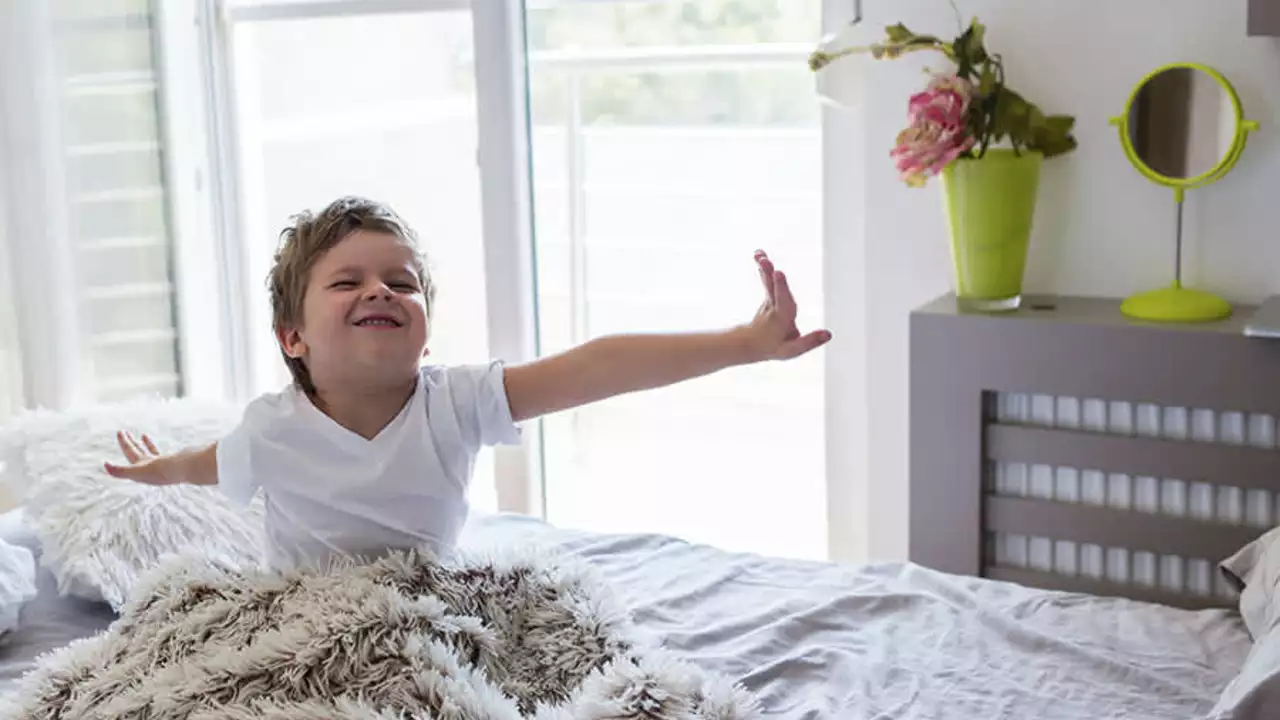Understanding The Causes of Bed-Wetting in Children
Before we delve into the nighttime routines to help prevent bed-wetting in children, it is of utmost importance to understand the causes behind this behavior. Bed-wetting, also known as nocturnal enuresis, is a common occurrence in children. This involuntary urination while asleep can occur due to various reasons. Some children may have a small bladder, a lack of hormone that reduces urine production at night, or they may be deep sleepers who don't wake up when their bladder is full. Stressful events and a family history of bedwetting can also be contributing factors. It's important to remember that bed-wetting is not a sign of laziness or disobedience in children.
Establishing a Regular Bathroom Routine
One of the most effective ways to combat bed-wetting is by establishing a regular bathroom routine. Encourage your child to use the bathroom frequently throughout the day. This will help train their bladder to hold urine for longer periods of time. Before bedtime, make it a habit for your child to use the bathroom. You might also consider waking your child once during the night to use the bathroom. This can help prevent an overly full bladder, which could lead to bed-wetting. But remember, it's important not to make your child feel pressured or stressed about this routine.
Limiting Fluid Intake Before Bedtime
Another important routine that can help prevent bed-wetting is managing your child's fluid intake before bedtime. While it's essential to keep your child hydrated throughout the day, try to limit their fluid intake in the evening. This simply means not giving them a lot of fluids close to bedtime. A small drink with dinner should be sufficient. But, be careful not to restrict fluids too much, as this could lead to dehydration. It's all about finding the right balance.
Promoting Healthy Sleep Habits
Believe it or not, poor sleep can also lead to bed-wetting in children. Therefore, promoting healthy sleep habits is crucial. Ensure that your child is getting enough sleep by having a consistent bedtime routine. This includes activities such as reading a book, taking a warm bath, and going to bed at the same time every night. A relaxing bedtime routine can not only help your child sleep deeply, but it can also help them wake up when they need to use the bathroom at night. Remember, a well-rested child is less likely to wet the bed.
Encouraging Positive Reinforcement
Lastly, it's important to maintain a positive attitude when dealing with bed-wetting. Encourage your child and be patient. Positive reinforcement techniques like giving your child small rewards for dry nights can go a long way in boosting their confidence and motivation. Keep in mind that punishing or shaming your child for bed-wetting will only add to their stress and can make the problem worse. Instead, reassure your child that bed-wetting is a common issue that they will eventually outgrow.
In conclusion, while dealing with bed-wetting can be frustrating, it's important to remember that your child is not doing it on purpose. With patience, understanding, and the right nighttime routines, you can help your child overcome this challenge. If bed-wetting continues or is accompanied by other symptoms, it's always best to consult with a healthcare professional to rule out any underlying medical conditions.

Sage Druce
July 22, 2023 AT 15:39Patrick Dwyer
July 22, 2023 AT 21:35Linda Patterson
July 23, 2023 AT 13:38Jen Taylor
July 24, 2023 AT 07:57Shilah Lala
July 24, 2023 AT 11:53Bart Capoen
July 25, 2023 AT 08:03Christy Tomerlin
July 26, 2023 AT 06:41luna dream
July 26, 2023 AT 08:00Stuart Palley
July 26, 2023 AT 10:00Tanuja Santhanakrishnan
July 27, 2023 AT 02:36Tyler Mofield
July 27, 2023 AT 08:43Susan Karabin
July 28, 2023 AT 05:57Lorena Cabal Lopez
July 28, 2023 AT 17:46Tyler Mofield
July 29, 2023 AT 05:46